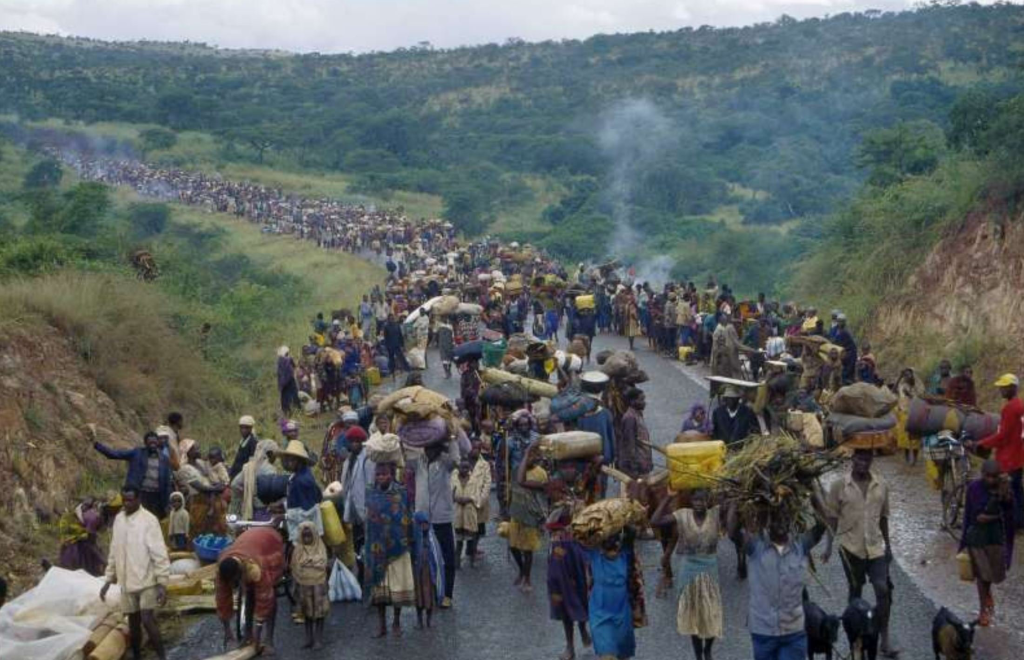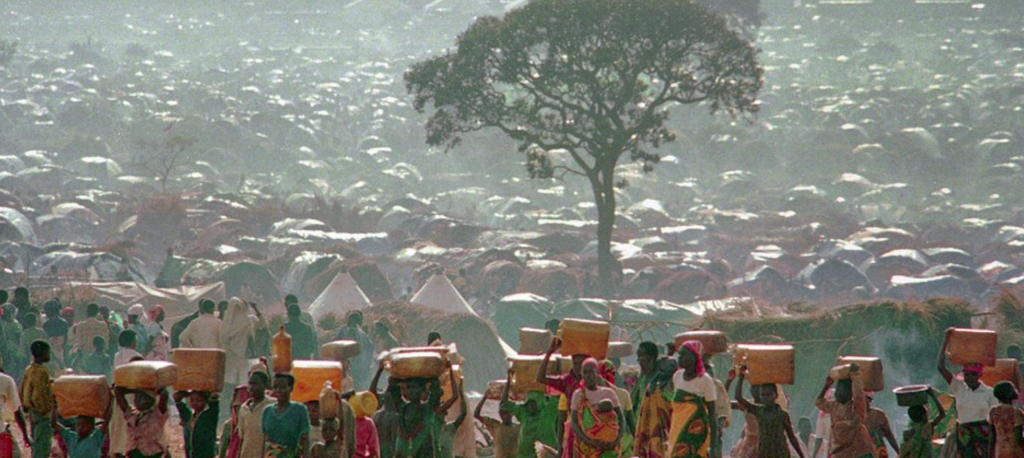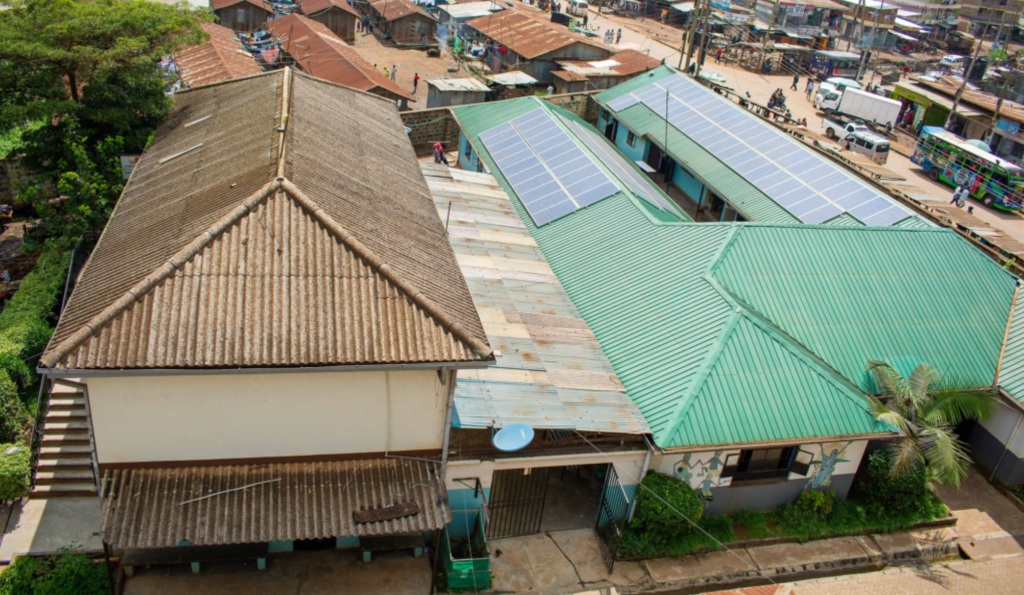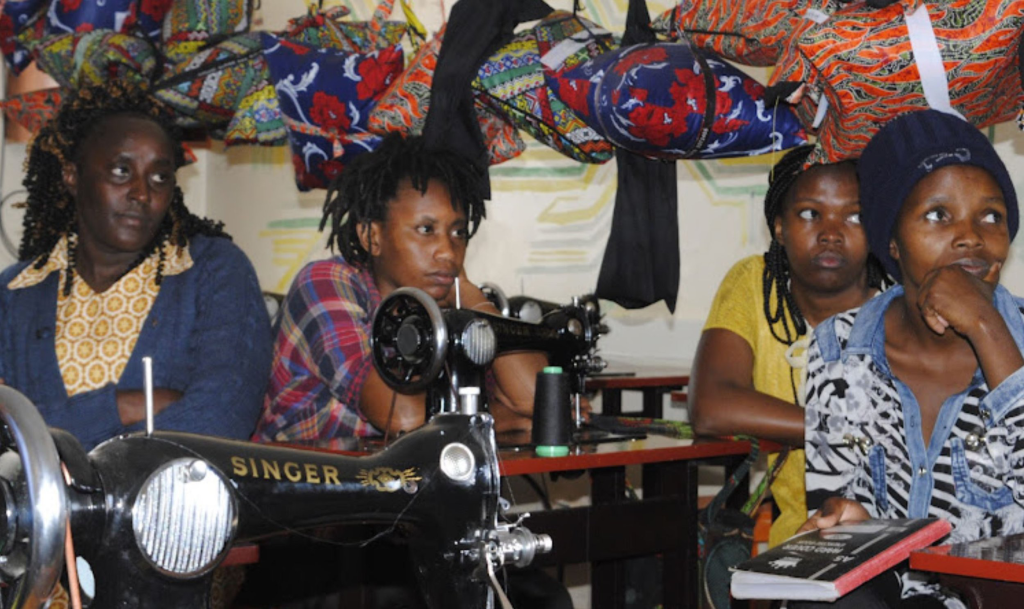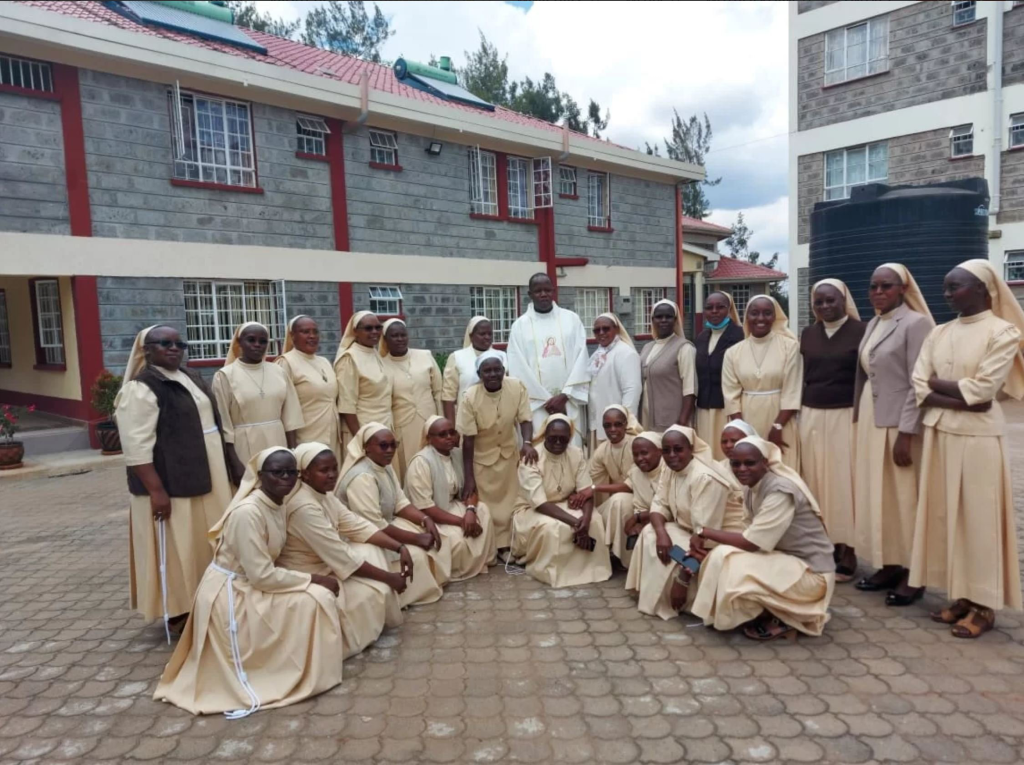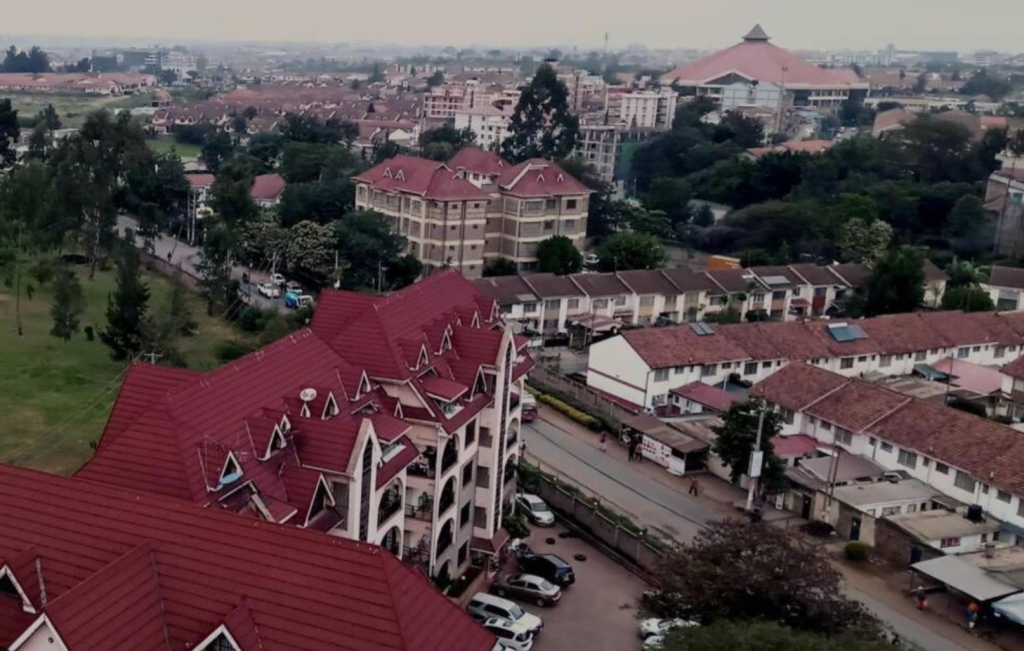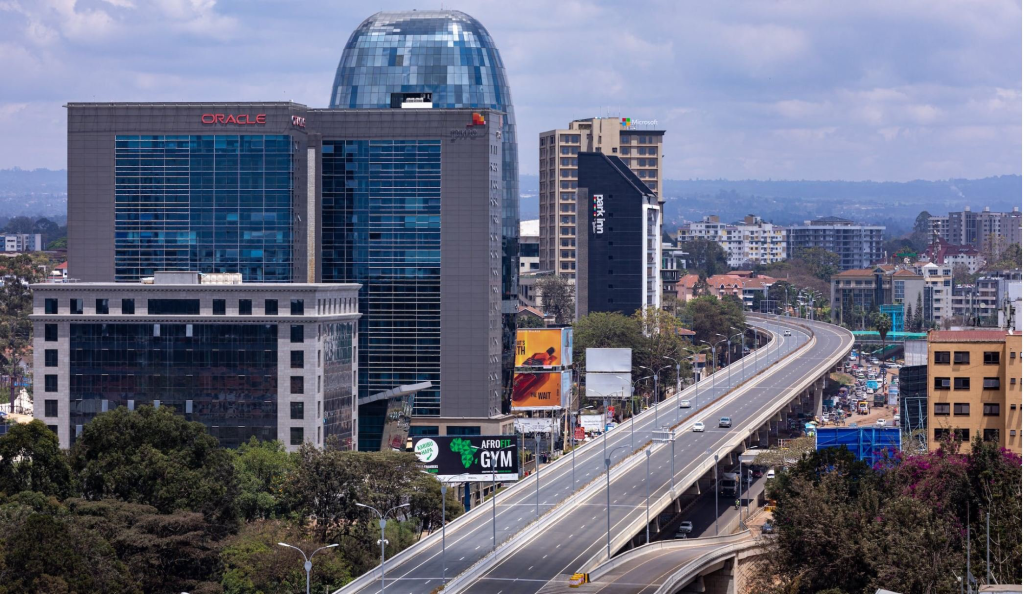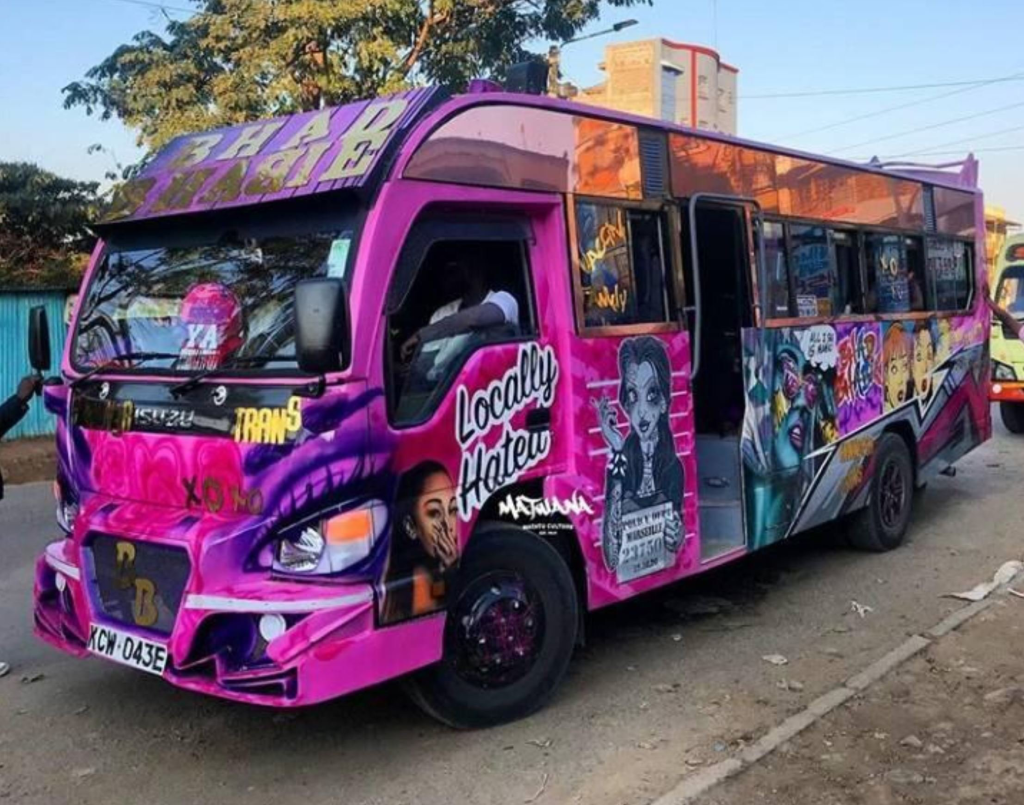I stationed myself by the gate and struck up a conversation with Makhoha, sharing stories about Rwanda, its people, and answering his curious questions. We discovered surprising similarities between Kinyarwanda and certain Luhya words, as both languages belong to the Bantu language family. Our engaging chat was momentarily interrupted when two refugee girls I recognized approached Makhoha, greeted him, and were readily allowed entry into the compound. Although I pretended not to notice, it became evident that something unique was happening. After about an hour, these two girls emerged from the compound, laden with shopping bags filled with goodies, and asked Makhoha to arrange a taxi for them, which he promptly did.
crop topsAs my curiosity and impatience continued to mount, I couldn’t resist asking Makhoha about the unfolding situation. In response, he wore a wise smile and uttered, “Brother, just keep observing. By the time you depart from this place, you’ll gain some insight.” Not long after, precisely around 10:20 a.m., another pair of young girls approached Makhoha, inquiring about Father Peter’s presence, and he granted them entry. They carried themselves with an air of familiarity within the compound, donning fashionable attire like Hipster Jeans, leather jackets, tumbo cuts, Cullotes, and crop tops. Much like the previous visitors, these girls exuded confidence and sophistication, bearing no obvious markers of refugee status.
At around 11:45 a.m., the compound’s gate swung open, revealing an approaching SUV. Father Peter, a man I had only heard described as a slender, grey-bearded white priest in his 50s, was at the wheel. Accompanying him were three young girls, including the same two I had noticed earlier, dressed impeccably in Hipster Jeans, leather jackets, tumbo cuts, and Cullotes. Father Peter’s stop was brief, offering me no chance to explain my presence as he swiftly instructed Makhoha to relay a succinct message: “tell him to go to UNHCR and seek assistance there.” With that, he sped away, leaving behind nothing but swirling dry dust as a poignant reminder of his fleeting visit. Despite being forewarned that Father Peter primarily aided young, attractive refugee girls, and realizing that I didn’t fit that description, I was still taken aback by his refusal even to consider my plea for transportation fare back to my base in Westlands. I had hoped that, as a priest, he would exhibit compassion to anyone in genuine need, perhaps providing me with bus fare given my physical disability and reliance on crutches. In a state of shock, with nowhere else to turn but the heavens, tears welled up in my eyes as I looked up into the sky and whispered, “Oh God!” This unforeseen turn of events left me with the daunting task of finding my way back to the makeshift sleeping area near the UNHCR offices in Westlands.

